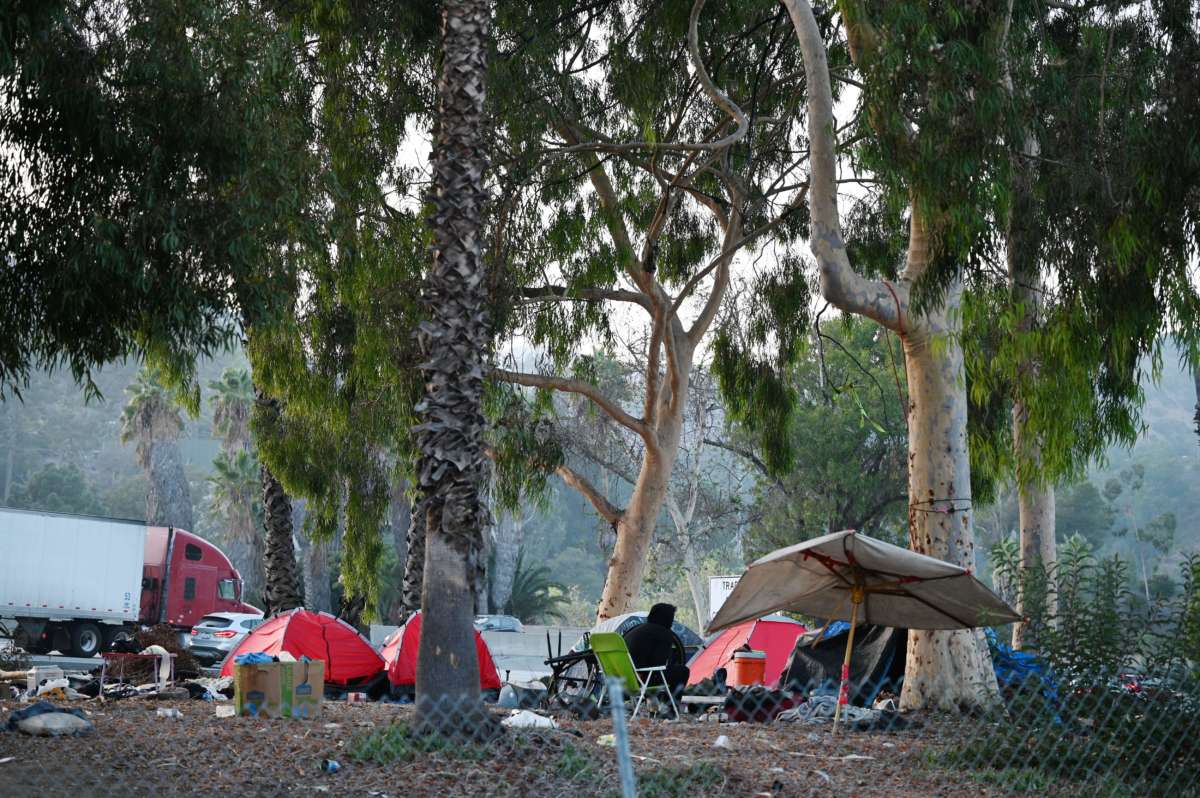Truthout is an indispensable resource for activists, movement leaders and workers everywhere. Please make this work possible with a quick donation.
A harrowing study released by the United Nations early Thursday reveals that the global coronavirus pandemic is setting the stage for a massive surge in the number of people pushed into poverty worldwide over the next decade — a phenomenon that only immediate interventions in the form of ambitious investments in public health, social safety net programs, and a green transition can help avoid.
According to the findings of the new study by the United Nations Development Programme (UNDP), the “severe long-term effects” of the global pandemic could push an additional 207 million people into extreme poverty over the next decade. On top of the current pandemic trajectory, that would bring the total number of individuals living in extreme poverty to over 1 billion by 2030 — this at a time of rampant and nearly unparalleled inequality as the fortunes of the world’s richest individuals and families continue to soar.
While the UNDP makes clear the looming intensification of poverty is not a forgone conclusion, only with urgent action can such a scenario be avoided.
“As this new poverty research highlights, the Covid-19 pandemic is a tipping point, and the choices leaders take now could take the world in very different directions,” said UNDP administrator Achim Steiner.
📣 A new @UNDP and @PardeeCenterIFs study assesses the impact of different #COVID19 recovery scenarios on the #SDGs, evaluating the multidimensional effects of the pandemic over the next decade.
Discover the findings at 👉https://t.co/ViXKpjZF2e pic.twitter.com/oL5wL9gN7r
— UNDP SDG Integration (@SDGintegration) December 3, 2020
The analysis considers various recovery pathways and predicts how each one would affect the U.N.’s Sustainable Development Goals (SDGs).
Under the ‘Baseline’ scenario, based on current mortality rates and growth projections, 44 million more people will likely be pushed into extreme poverty by 2030 than would have been expected before the Covid-19 pandemic altered the world’s development trajectory.
In a ‘High Damage’ scenario in which the recovery is protracted — meaning that 80 percent of economic productivity losses remain after 10 years — 207 million additional people are projected to be living in poverty, bringing the total to 1 billion by the end of the decade.
Worsening poverty is not inevitable, however. The UNDP also finds that a “focused set” of interventions to attain the SDGs, which the authors call the ‘SDG Push’ scenario, could lift 146 million people out of extreme poverty compared to the current pandemic-driven trends and reduce the gender poverty gap, too.
By making SDG investments over the next decade in social protection as well as digital and green economic development, “we can accelerate out of this crisis,” the report says, and actually exceed pre-coronavirus expectations for human development in fragile states.
According to the UNDP, the benefits of a strong SDG push “are echoed across additional human development indicators, including nutrition and education.”
With SDG interventions, the report states, “about 128 million adults and 16 million children are likely to escape malnutrition” by 2030, and “the proportion of children graduating from upper secondary school rises from the estimated 66 percent to 70 percent.”
Additionally, the study warns the ‘High Damage’ scenario would see 37 million more people likely to become malnourished over the coming decade, including 4 million children under the age of five, and also that secondary school graduation rates could plummet to 64 percent worldwide if urgent actions are not taken.
“We have an opportunity,” said Steiner, “to invest in a decade of action that not only helps people to recover from Covid-19, but that resets the development path of people and planet towards a more fair, resilient, and green future.”
A terrifying moment. We appeal for your support.
In the last weeks, we have witnessed an authoritarian assault on communities in Minnesota and across the nation.
The need for truthful, grassroots reporting is urgent at this cataclysmic historical moment. Yet, Trump-aligned billionaires and other allies have taken over many legacy media outlets — the culmination of a decades-long campaign to place control of the narrative into the hands of the political right.
We refuse to let Trump’s blatant propaganda machine go unchecked. Untethered to corporate ownership or advertisers, Truthout remains fearless in our reporting and our determination to use journalism as a tool for justice.
But we need your help just to fund our basic expenses. Over 80 percent of Truthout’s funding comes from small individual donations from our community of readers, and over a third of our total budget is supported by recurring monthly donors.
Truthout’s fundraiser ended last night, and we fell just short of our goal. But your support still matters immensely. Whether you can make a small monthly donation or a larger one-time gift, Truthout only works with your help.
